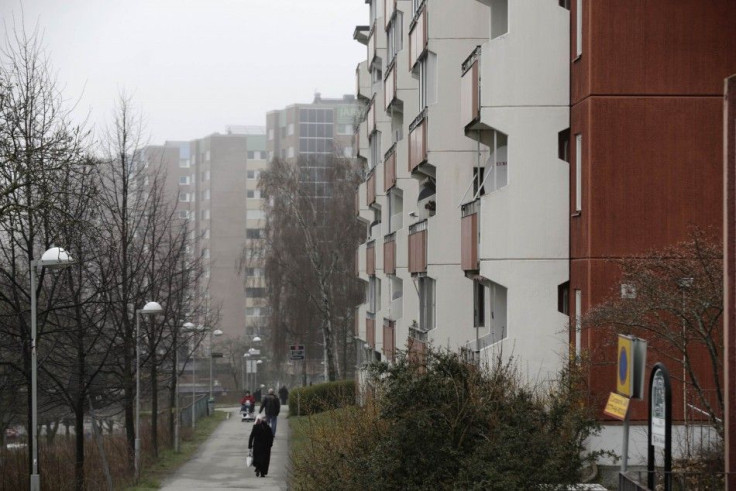Canadian Consumer Debt Soaring To Unsustainable Levels, Warns Rating Agency

Canada's rising consumer debt levels have been critised by Fitch Ratings, which is one of the world's major credit rating agencies. It warned that soaring consumer debt levels can push up house prices and negatively impact the health of banks in Canada. The rating agency identified the Canadian consumer debt as "touching unsustainable" levels. The rising mortgage debt is opening up the likelihood of a negative outlook getting slapped on Canadian banks.
But at the moment, Fitch is giving Canada's banks a "stable" ratings outlook, by citing their good earnings and solid balance sheets. But in 2015, once the interest rates rise, housing affordability and overall indebtedness can come under pressure. Falling oil prices are already threatening the revenues of many Canadian banks. It said, housing prices in Canada are already overvalued by 20 percent.
Only last week, Equifax reported that Canadians are carrying a heavy debt load, an average of $20,891 of consumer debt. Two thirds of the $1.5 trillion in debt that Canadians carried was that of mortgage debt, reported Cbc. Ca News. But Fitch expects a soft landing for the housing market, despite the "high and unsustainable levels" of debt. As far as banks are concerned, Fitch appreciates their "good" earnings, resilient overall operating performance and solid balance sheets. But it sees a slowdown in earnings from the consumer businesses of various banks.
House Starts Up
Fitch sees overvaluation in the Canadian housing market as a problem, mainly in Vancouver and Greater Toronto Area. It begets a cautious view of consumer credit and the negative sector outlook, added a Globe and Mail report. The risk of Canadian consumers juggling $1.8-trillion in debt and 1.3-trillion in mortgages was highlighted by the Bank of Canada, last week.
At the same time, home construction jumped up in Canada in November. The annual pace of house starts in November was 195,620 compared to October's 183,659, the Canada Mortgage and Housing Corporation said. British Columbia, Quebec, Ontario and eastern Canada are leading the pace in urban areas, the agency said. There is a push for condos, at 112,583, while construction of single homes fell.
"Overall, home building activity in Canada is in line with what is needed to satisfy demographic demand and replacement," said senior economist Robert Kavcic of BMO Nesbitt Burns, referring to the rise in house starts.






